Labor Day
On this holiday we celebrate the American worker and his or her contribution to our American life, but the holiday was actually born as a way to appease workers after a brutal crackdown on the workers and the union during the Pullman strike of 1894.
The people who made the Pullman railroad cars lived in a company town. They were paid by the Pullman Company, lived in company housing and had their rent automatically deducted from their paychecks. When the economy crashed in 1893 there were layoffs, and wage cuts, but no decrease in rents.
The workers walked out. They were soon joined by railroad workers led by the young Socialist leader Eugene Debs. Train service was disrupted. The mail could not get through. There was rioting and destruction of railroad equipment, sometimes by mobs of non-union workers. 80 million dollars of damage was done and thirty people died.
The strike became a national issue. Unable to resolve the labor dispute President Grover Cleveland declared the strike a federal crime and sent troops to disband the strike.
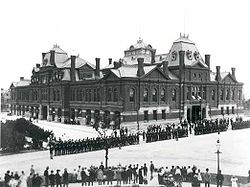
Eventually the workers were overpowered and forced to sign a pledge never to unionize again. Eugene Debs, defended by Clarence Darrow, saw the charge of obstructing the mail dropped, but spent six months in prison for violating a federal injunction. He continued to organize. When he ran for President in 1920 on a Socialist ticket he won a million votes.
Labor had long pressed Congress for a Labor Day holiday. The bill was passed by both houses and hit Cleveland’s desk six days after the end of the strike. The bill was signed into law as a means of appeasing the labor movement. The new holiday was seen by labor not just as a holiday, but as a day for organizing.
Today we see Labor Day as the holiday that marks the end of summer. Kids go back to school, parents breathe a sigh of relief, we grill things and try not to think about cold weather and heating bills.
Of course, genealogists think about their ancestors and I am no exception. Here are some of our great-grandparents, grandparents, parents and their labors.
Samuel Bublick opened a candy store, what we might consider a convenience store in New York City.
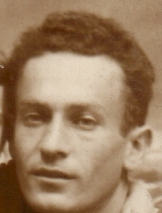
Joseph Mason worked as a leather cutter making ladies handbags. He was a wiry little man with arms of steel.
Morris Silverman was a capmaker in New York City.
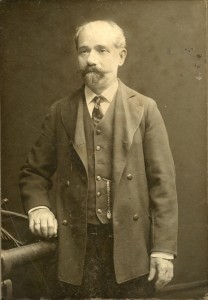
His son Alex would organize for the capmakers union.
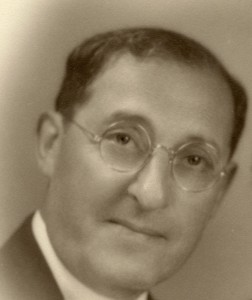
Alex’s son, Stanley would work for the Signal Corp and then as a salesman. He would be a union steward.
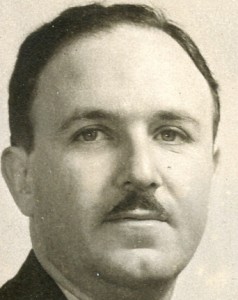
I am Stanley’s daughter.
John and Annie Costello homesteaded a farm in Sprague, Washington.
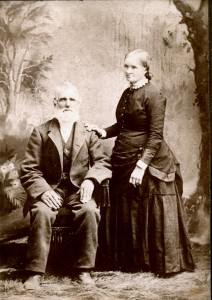
James and Sophie Cole homesteaded a farm in Primrose, Nebraska.
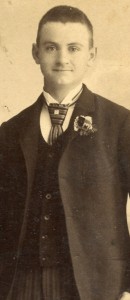
Their son Edwin would cook in a lumber camp, pour cement for the WPA and work as a janitor in a hotel.
Edwin’s son Merwin would become a union organizer, a carpenter and a contractor.
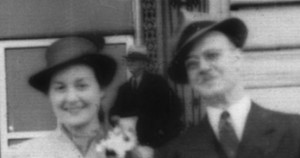
My husband is Merwin’s son
Stanley’s daughter and Merwin’s son got to go to college and now work at jobs that leave them trying to figure out how to get enough exercise. Wow!
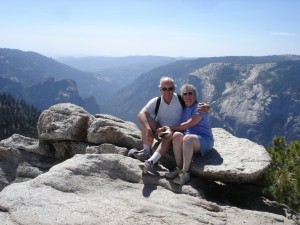

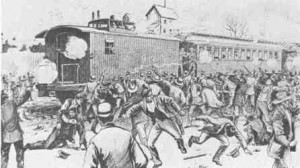
Leave a Reply